
In the digital world, companies are constantly looking for ways to streamline their operations to stay competitive. One of the best cloud based ERP Saudi Arabia has to offer can help address many challenges faced by businesses today. By comparing cloud based ERP options in Saudi Arabia, businesses can find a solution that matches their specific needs. In this post, we will learn that how ERP systems are overcoming businesses challenges in various aspects.
Overcoming business challenges with ERP
Here is how ERP systems help business overcoming operational challenges.
1. Manufacturing modules: An overview
Manufacturing modules in ERP systems offer a comprehensive solution for managing various aspects of the manufacturing process. These include control over production, bill of materials, and shop floor management.
Control over production
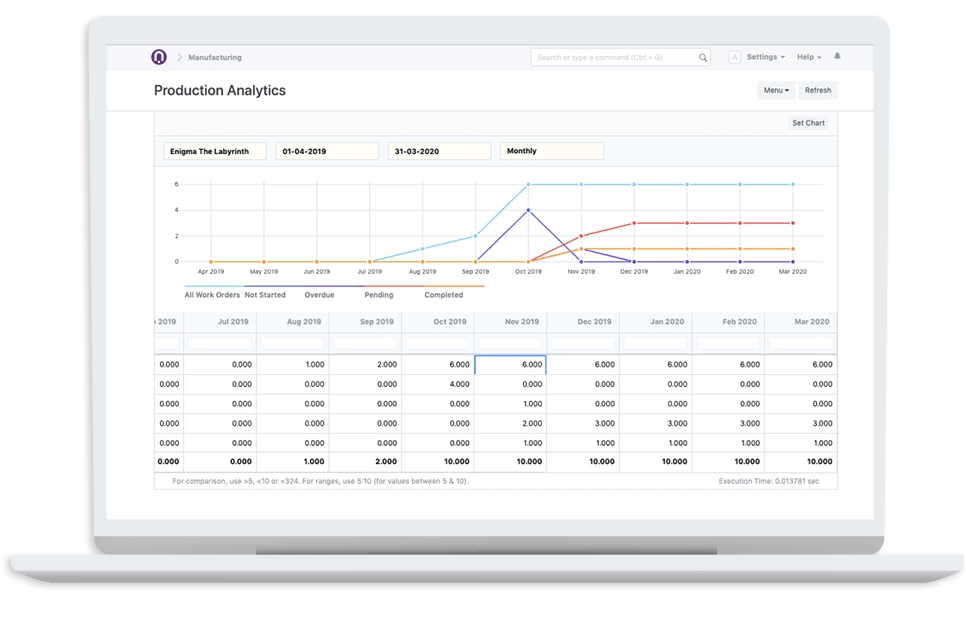
ERP systems provide businesses with complete control over their production processes. They help plan and execute manufacturing strategies effectively. With real-time data about machinery, labor, and other resources, businesses can make informed decisions that optimize production, reduce waste, and improve efficiency.
Bill of material
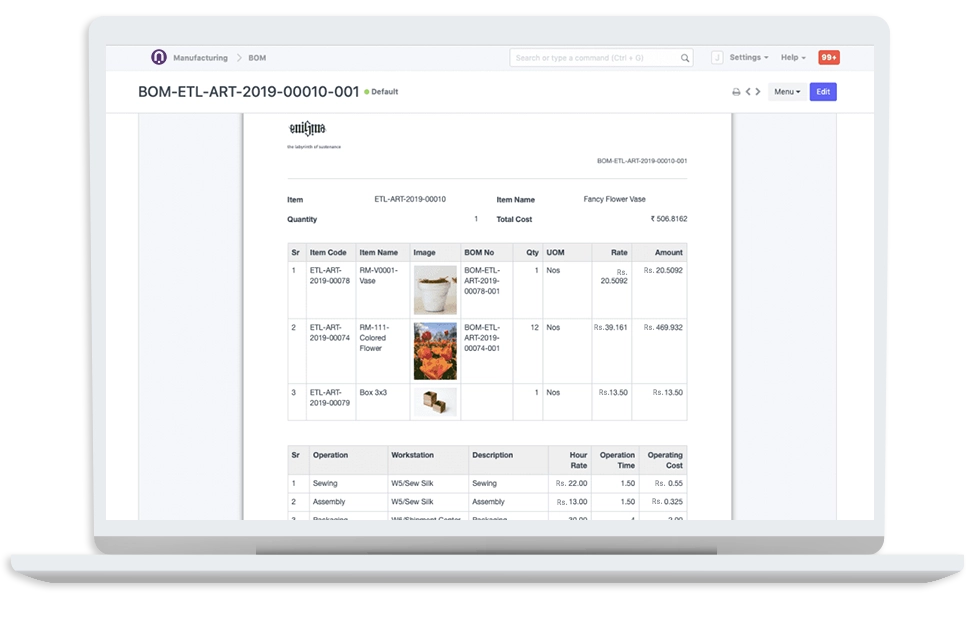
The Bill of Materials (BOM) module in an ERP system is also a critical component that helps track materials used in production. It provides a detailed list of raw materials, sub-assemblies, intermediate assemblies, sub-components, parts, and quantities needed to manufacture an end product. Furthermore, this feature reduces waste by ensuring that only necessary materials are used, and aids in cost management by providing a clear picture of the materials cost involved in the production process.
Shop floor management
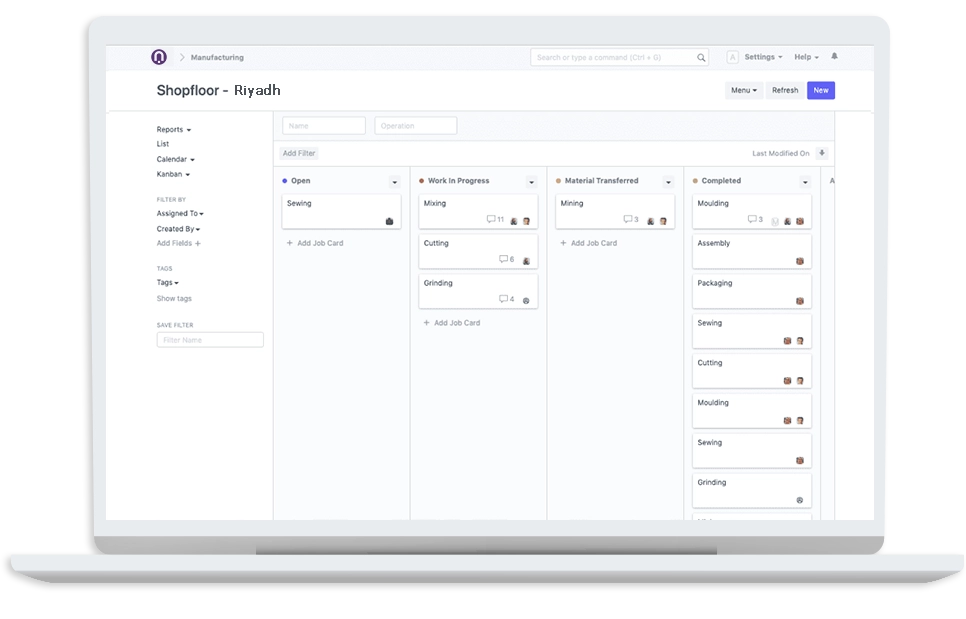
Shop floor management becomes simpler and more efficient with an ERP system. The system provides real-time data about operations on the shop floor, allowing managers to monitor work in progress, identify bottlenecks, and make quick decisions to resolve issues. This leads to improved productivity and operational efficiency.
2. Inventory management: A key to business success
Inventory management is a critical aspect of any business, and ERP systems can provide advanced tools to master this challenge. The main features for inventory management in an ERP system include batched inventory, serialized inventory, and quick stock balance.
Batched inventory
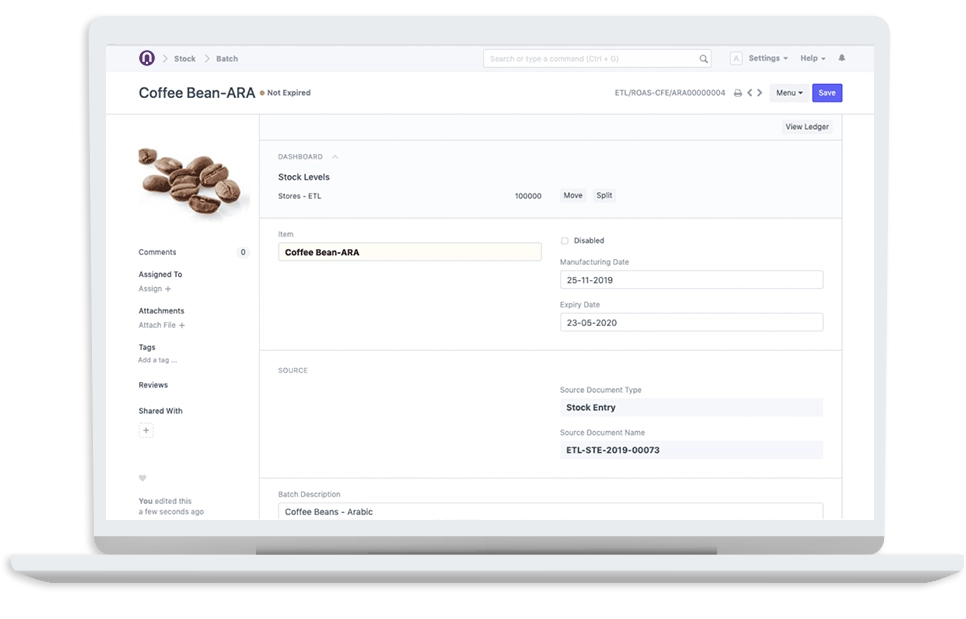
Batched inventory management allows businesses to track their stock in batches. This feature is particularly useful for businesses dealing with perishable goods or items with expiration dates, as it allows them to monitor and manage the inventory based on batches. By using batched inventory management, businesses can ensure efficient use of resources and reduce wastage.
Serialized inventory
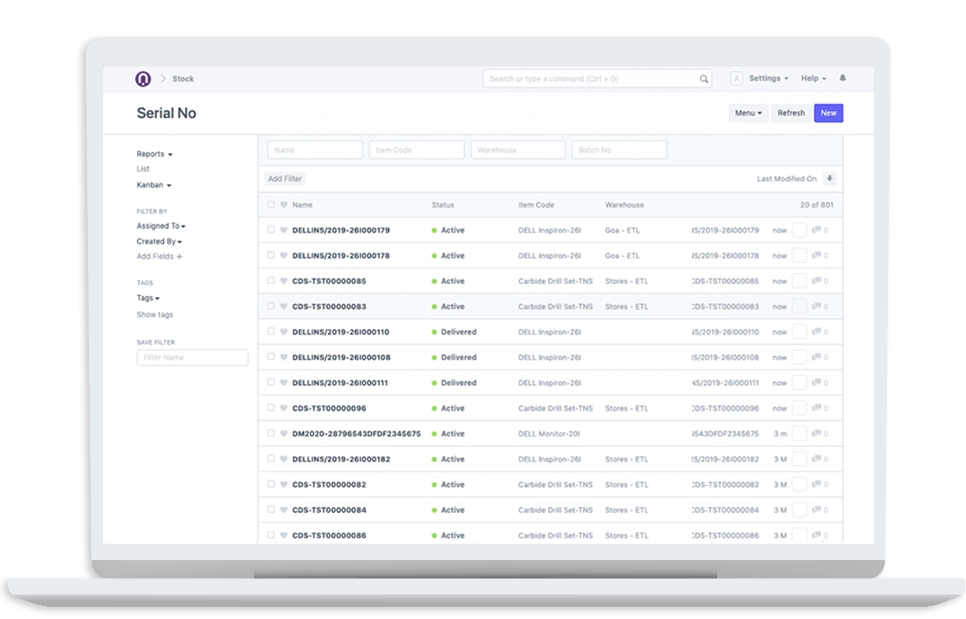
Serialized inventory management is another important feature offered by ERP systems. This allows businesses to track individual items in their inventory using a unique serial number. Additionally, this feature is crucial for businesses dealing with high-value items, as it reduces the chances of theft or loss by providing traceability for each item.
Quick stock balance
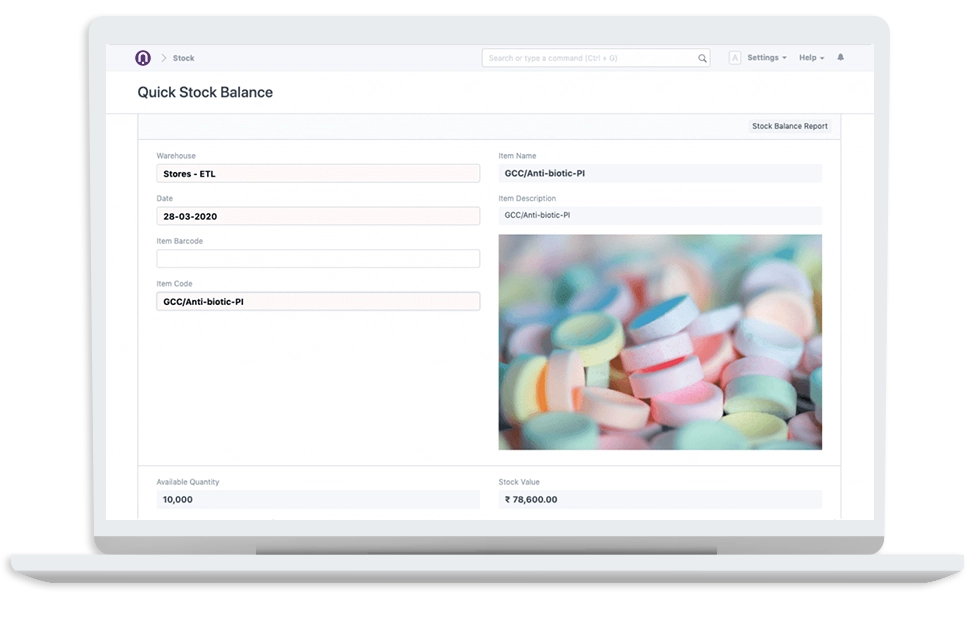
Quick stock balance is a feature that provides an instant overview of stock levels. This real-time data allows businesses to make informed decisions about purchasing, production, and sales. It also aids in better planning and forecasting, ensuring that businesses do not overstock or run out of stock, both of which can lead to significant losses.
3. Project management: Maximizing efficiency with ERP systems
Project management is another area that can benefit greatly from ERP systems. The main features that aid in project management include time tracking, various tools, and comprehensive reports.
Time tracking
Time tracking is an essential feature offered by ERP systems for effective project management. This feature enables businesses to monitor employee productivity accurately by keeping track of the time spent on different tasks. Furthermore, it allows for the creation of salary slips from timesheets, ensuring that employees are compensated correctly for their time. Also, it enables the creation of sales invoices from timesheets, contributing to accurate and timely billing.
Tools
ERP systems offer a variety of tools that assist in managing projects more efficiently. These tools can include task assignment features, resource allocation tools, project scheduling and timeline tools, and communication platforms. By using these tools, project managers can also plan, execute, and monitor projects more effectively, leading to better outcomes.
Reports
Reporting is another crucial feature of ERP systems in the context of project management. Reports such as project performance reports, project costing, and project profitability provide valuable insights into the progress and success of projects. These reports help in making informed decisions, identifying potential issues, and formulating strategies for improvement.
The benefits of cloud based ERP in Saudi Arabia include improved control over manufacturing processes, efficient inventory management, and enhanced project management. Also, these systems play a crucial role in financial management by providing real-time access to financial data, facilitating accurate forecasting and budgeting. Moreover, they help in enhancing customer service through efficient order processing and timely delivery. The automation of repetitive tasks frees up employees’ time, allowing them to focus on more strategic responsibilities. Lastly, the scalability of cloud-based ERP systems ensures that they can adapt as the business grows, making them a sustainable solution for businesses of all sizes.
Conclusion
Certainly, to buy cloud based ERP in Saudi Arabia to invest can help overcome various business challenges. ERP software is a valuable tool for businesses in Saudi Arabia looking to streamline operations and increase efficiency.
Investing in a cloud-based ERP in Saudi Arabia is an investment in future business success. It provides businesses with a comprehensive solution that integrates all business processes into one unified system, reducing complexity and increasing efficiency. It also enables real-time data access, ensuring that decision-making is always based on the most current information. Furthermore, these systems are user-friendly and customizable, making them suitable for businesses of all sizes and sectors. Finally, ERP systems can facilitate regulatory compliance by providing required reporting features, contributing to a smoother, more compliant operation. Therefore, it’s clear that ERP software is a strategic investment that can significantly contribute to a company’s growth and success.
